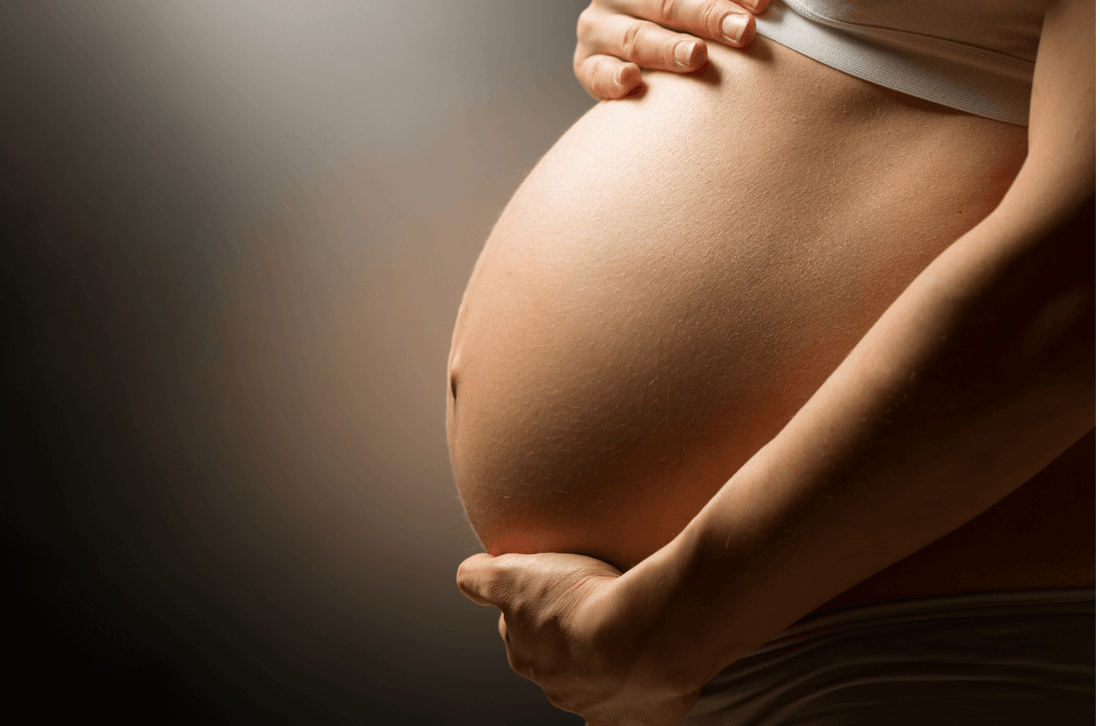
Geriatric Pregnancy, an Overview
Share
The dawn of motherhood is a universal rite of passage, a moment filled with anticipation and dreams, shimmering with the promise of new life. But what happens when this extraordinary journey begins later in life, when you’re navigating the vibrant landscape of your 30s, 40s, or beyond?
Welcome to the world of geriatric pregnancy—a term that may evoke various feelings, from excitement to apprehension.
Definition and Overview
So, let’s define it.
Geriatric pregnancy is often described as occurring in women aged 35 years and older. Yet, before you dismiss this as merely a statistic, I invite you to consider the pulse behind the numbers.
According to the Centers for Disease Control and Prevention (CDC), more than 15% of births in the United States are now to mothers aged 35 and older—a significant leap over the past few decades.
This shift signifies not just a change in demographics but a transformative movement in societal norms, where women are embracing their careers, education, and personal goals before prioritizing family.
With more women waiting longer to have children, geriatric pregnancy is becoming increasingly common, full of untold stories of resilience and empowerment. Each day, mothers-to-be over 35 are redefining what it means
to bring new life into the world—not as a liability but as a rich tapestry of experience intertwined with the vitality of youth.
Statistics and Trends in Advanced Maternal Age
Reflect on this: In 2000, only about 10% of all pregnancies in the United States were to women aged 35 and older. Fast forward to the present, and that number has climbed alarmingly, nearly doubling over the years.
The societal shift towards later childbirth is not merely a statistic; it reflects a deeper understanding that motherhood holds a different meaning for each woman. Each choice made along the way—from career pursuits to relationship building—culminates in a poignant moment of creation, one worth celebrating and empowering!
These changing tides also indicate that women are often healthier and more prepared for pregnancy than ever before. Improved education, access to healthcare, and a growing understanding of nutrition all contribute to this
phenomenon.
The beauty of geriatric pregnancy lies in the wealth of knowledge and the steadfast determination these mothers possess, as they stand at the crossroads of wisdom and vitality.
A healthy pregnancy, even after forty, is possible!